Tips and Ideas to help Parents working at home with Children
Working from home tips and ideas
Check out these tips from Parent Club – a Scottish Government website offering up-to-date guidance children’s health and education.
Coronavirus has affected everyone’s life and the changes we’ve all made still take some getting used to. This is especially true if you’ve been working from home while juggling your childcare responsibilities.
To try to help you keep up with your work and your kids, we’ve put together a few handy tips from parents who have been there. These vary from general tips that every parent can try out, to ones that are perfectly suited for your own child’s age group.
Tips for everyone
Tip #1: Stay flexible
There’s no magical system that will work for every family, so try different options to find one that works for yours. Even when you find your own special method, try to remember that it won’t work every time and some days will be tougher than others. However, if you’re a little flexible, you’ll soon find a way that works for both you and your kids, where everyone is getting things done most of the time.
Tip #2: Find your own quiet corner
Chances are, if you don’t usually work from home then you won’t have a nice space set up and ready for you! If you can, try to set aside somewhere in your home to be your work area. If you have younger children, this could be the corner of a room – so you can still keep an eye on them. Just be sure to let them know that this is a no-go area for them.
Tip #3: Prioritise & schedule
With the kids around, you’re not going to have as much time to dedicate to work, so it’s important to use this time wisely. Make a list of key tasks that you need to get through each day and try thinking about what important tasks you can do during quieter periods.
Tip #4: Teamwork
If you have a partner living with you, and you're both working from home during this time, try to agree a plan between you of when to spend time with the kids. This will mean that you’ll have time for work while the kids are also getting some much-needed attention from your partner and vice versa.
Tip #5: Embrace the change
Coronavirus is affecting everyone. You’re not the only one in this situation, and many of your co-workers may also be working from home with kids to look after too. So don’t try to juggle it all as though it’s ‘business as usual’. Let your line manager and colleagues know that you will be balancing childcare and home learning with work, and block time out in your calendar for this.
You may need to change or even reduce your hours in order to manage – talk to your line manager if this is the case. You could also ask to be furloughed – there’s more information on this on the Working Families website.
Remember that this isn’t ‘business as usual’ and that you may not be as productive as you usually are – but that’s totally fine. We’re all in this together.
Tip #6: Me time
During this difficult period, you’re going to be multi-tasking on a completely new level and you’ll need a break yourself. If you can, try to take some time for yourself, even if it’s just for a cuppa or a quiet five minute break.
Tip #7: Get outside
Now that the days are shorter it’s important that you get plenty of time outside. When you’re working from home you often have no reason to go out. But it’s very important that you spend at least a little time outside during daylight hours, as this can improve your mental and physical wellbeing.
Tip #8: Stay warm
It’s easy to get a bit chilly in the winter months, especially if you’re trying to keep the cost of heating bills as low as possible. Instead of having the boiler on 24/7 you can make sure you have a cosy jumper on and remember to keep the doors closed in the house. You could even make yourself a hot water bottle and sit with it on your knee! This will make a big difference and stop you reaching for the thermostat.
Extra tips for parents with babies (0 – 1 year old)
Working from home with a baby can be an incredibly difficult task. You’re already probably running on less sleep than you’re used to and your little one will need round-the-clock care. Now, on top of all that, you’re having to juggle work too. Here are a few tips specific to babies that might help you be a little more productive.
Tip #1: Take advantage of naptime/bedtime
Naptime can be a great time to get those more difficult tasks completed. Every baby will have its own pattern when it comes napping, but whether they have frequent short naps, or longer naps less often, these precious moments of quiet can be a great time to focus. However, if this is still proving to be difficult, and if you’re able to, try to hold off on doing more complicated tasks until the little one is in bed.
Tip #2: Enjoy the little moments
This is a stressful time for everyone as different worlds all collide in new ways, so it’s important to enjoy the little moments. Taking a quick break to get a little snuggle can really give you a little boost when you might need it most.
Tip #3: Wear that baby
If it helps you get time in front of your laptop, and your baby enjoys a little snuggle time, use a sling or baby carrier to keep them close to you while you work. Chances are, your colleagues will know that you have a baby, and if you have any video calls scheduled, your colleagues may delight in getting the chance to see your little one.
Tip #4: Multi-platform tools
If you are able to, look into working on multi-platform tools like Google Docs. This means that you can easily swap from the laptop to your mobile phone in the event you are trapped under a suddenly sleeping baby.
Tip #5: Dealing with crying babies
Dealing with a crying baby can be an emotionally draining experience for any parent, especially if you are unsure why they are crying in the first place. You can check out our why is my baby crying page, for some excellent tips on how to soothe your little one.
Extra tips for parents with toddlers (1 – 3 years old)
Working from home with a toddler can sometimes be a particular challenge for parents. At this time in their lives, toddlers are able to communicate with their parents, but not completely understand the world around them. These extra tips might be able to help you deal with this wonderful, but challenging, period in their development.
Tip #1: Take advantage of naptime
At this stage, your kids may now be having longer, more regular naptimes, and you can use these to your advantage. For example, this might be a great time to arrange that important conference call.
Tip #2: Enjoy the little moments
Your kids are more likely to be more settled and play happily and quietly after they have had some quality time with you. So, taking some time out regularly throughout the day to spend with your child means you’re more likely to get peaceful moments in between to concentrate on your work.
Tip #3: A little undivided attention can go a long way
If your toddler is trying to get your attention, there’s a pretty good chance they aren’t going to stop until they get it. Try to find time to put down the work and give your little one the attention they need and deserve. After a little undivided attention from you, your toddler is much more likely to get on with some independent play – and let you get back to the laptop.
Tip #4: The favourite toy
If your little one has a favourite toy that they just can’t get enough of, then try keeping this for those "must concentrate" moments. Chances are, they’ll be happy to get their number one friend, and you’ll get some much needed time to focus on work.
Extra tips for parents with children (4 – 8 years old)
At this age there is still plenty you can do to keep kids occupied if they're not able to go to school. From getting them to help around the house to scheduling virtual playdates, here are a few extra tips to help you out.
Tip #1: Mix it up
Keep things fresh, new and exciting by mixing up activities with your kids. You can switch between options such as screen time, games, puzzles and arts and crafts to keep them occupied while you get time to concentrate on work. And if you have time for a quick break, you can even join in!
Tip #2: To-do lists
To-do lists can be a great way for you to keep on top of work duties, but they can also be a great way to keep your kids occupied and engaged. Get them to make their own to-do lists filled with everything from playing different games to tidying up and even helping around the house. If your kids aren’t quite able to write yet, why not get them to draw their to-do list instead?
Tip #3: Virtual playdates
Outside of school hours, scheduling virtual play dates can be a great way to keep the kids occupied while you try to do some work. Even though they can now see their friends more, they’ll still love the chance to catch up with them online.
Tip #4: Movie time
One great way to keep the little ones occupied during an important call or task you need to complete is to put on their favourite film. Yes, you may be watching it for the millionth time now, but it’s a good chance to keep the kids settled when you need it most.
Tip #5: Set expectations & rewards
If you have something important you need to concentrate on, or a call you need them to be quiet during, then tell your little one exactly this. They won’t always listen to you of course, but if they do, make sure you praise them for doing such a good job. That way they are more likely to keep doing this next time.
Tips for parents with pre-teens (9+ years old)
At this age, if your kids are not able to go to school they may be missing their friends, and it’s understandable that they might get a little frustrated by this. Unfortunately, you don’t have the opportunity to fall back on the long forgotten ‘nap time’ but there are still a few things you can try to help your day go a little easier.
Tip #1: Mix it up
Keep things fresh, new and exciting by mixing up activities with your kids. You can switch between options such as screen time, board games, jigsaw puzzles and arts and crafts to keep them occupied while you get time to concentrate on work – and if you have time for a quick break, you can even join in! Their school should also have sent some activities for them to complete, so make sure time is set aside to work on these too.
Tip #2: Haven’t you always wanted a Personal Assistant?
As your kids are a little older, there’s no reason you can’t get them to help lighten your load and ease the pressure. Need someone to sort your paperwork, take notes for you, or perhaps help tidy around the house? Problem solved! The kids will also feel like they are helping too.
Tip #3: To-do lists
To-do lists can be a great way for you to keep on top of work duties, but they can also be a great way to keep your kids occupied and engaged. Get them to make their own to-do lists filled with everything from playing different games to tidying up and even helping around the house.
Tip #4: Communication fun
Give them a pile of post it notes, or create a suggestion box together – there are lots of fun ways that your kids can communicate with you during this difficult time. That way, they can write down those ‘must know’ questions for you to answer when you’re free.
Tip #5: Loosen up screen time rules
Everyone in your home will be going through this stressful period in their own way, but it can help to temporarily loosen some of the rules you had in place back when things were a little less crazy. Trying things like loosening up screen time rules can be a good way to keep the kids occupied while you take care of a particularly tricky task. You can get them to stay in touch with friends or family through video calling – which might also help them understand that everyone is going through this difficult time.
Extra tips for dealing with multiple children
If you have more than one child, then it’s likely that they’ll start arguing at some point during the day – usually just when you are trying to do something important! Here are a couple of extra tips to help with those moments.
Tip #1: Private space
If you can, try to give each of your children their own private place where they can calm down and play with their own things. It’s helpful to keep a box here with some activities you know help to them relax. When they start getting cross with each other, get them to go to their own space and play.
Tip #2: One to one time
If possible, try to spend a little quality time alone with each of your children – it can really make a difference. If they’re a bit older, you could ask them what they’d like to do with you during this special one to one time. From reading a little of their favourite book, to doing some drawing together or playing a board game, this is a perfect chance to chat to them and make them feel special, meaning they are less likely to get as wound up during the day.
Click here for more from Parent Club.

_770x428.jpg?reload=2024-04-24 00:28:01)



_770x428.jpg?reload=2024-04-25 05:00:39)
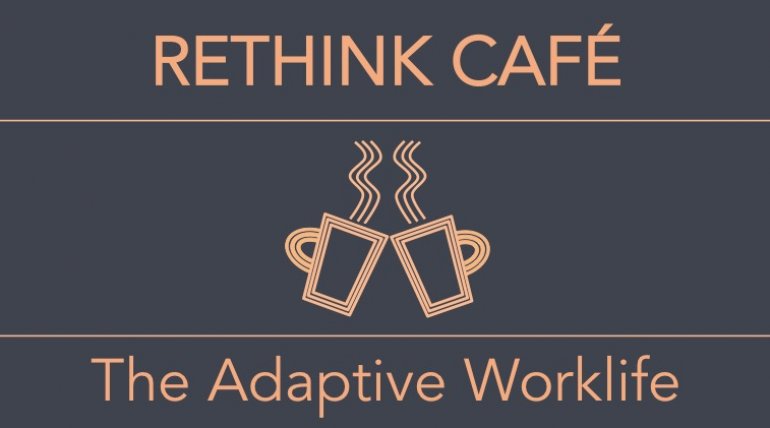
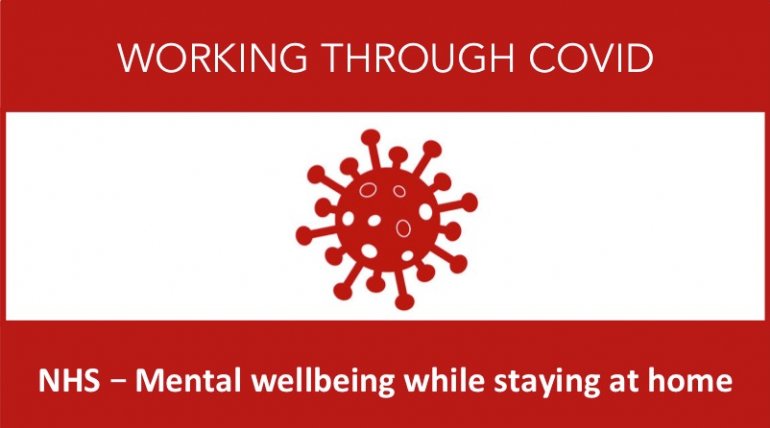

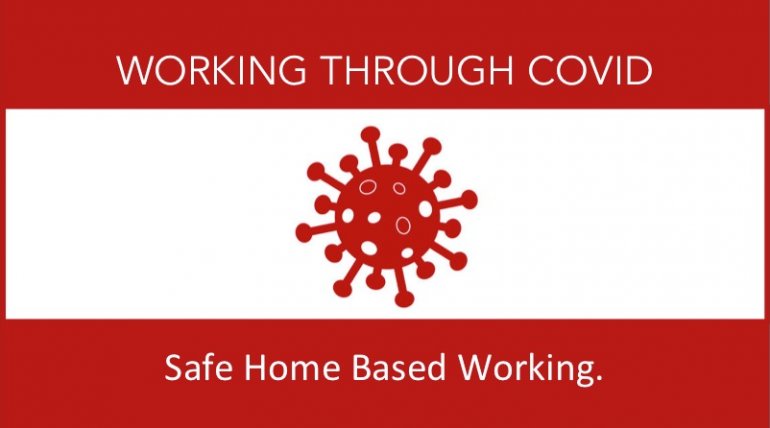
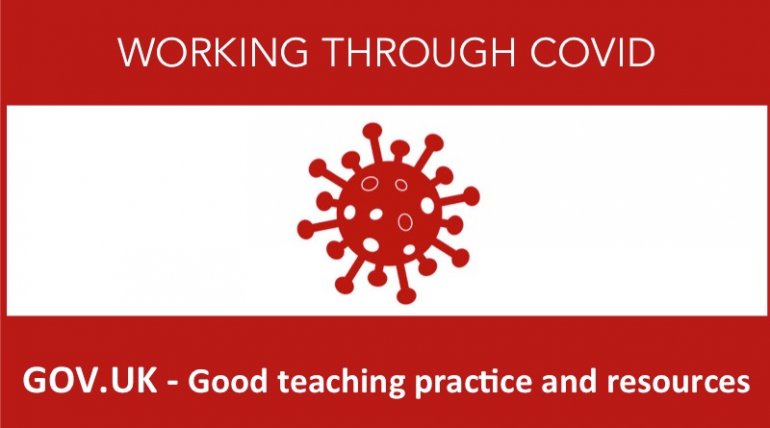
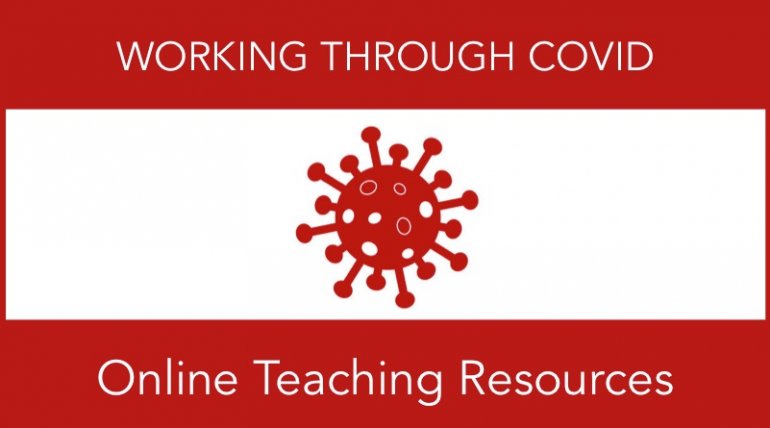
_770x428.jpg?reload=2024-04-22 15:33:17)
_770x428.jpg?reload=2024-04-24 00:28:32)

_770x428.jpg?reload=2024-04-24 00:27:01)

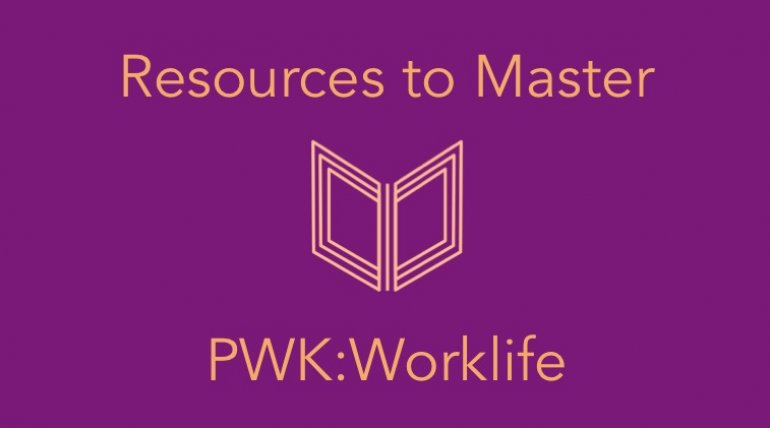
_770x428_thumb.jpg?reload=2024-04-24 00:27:23)
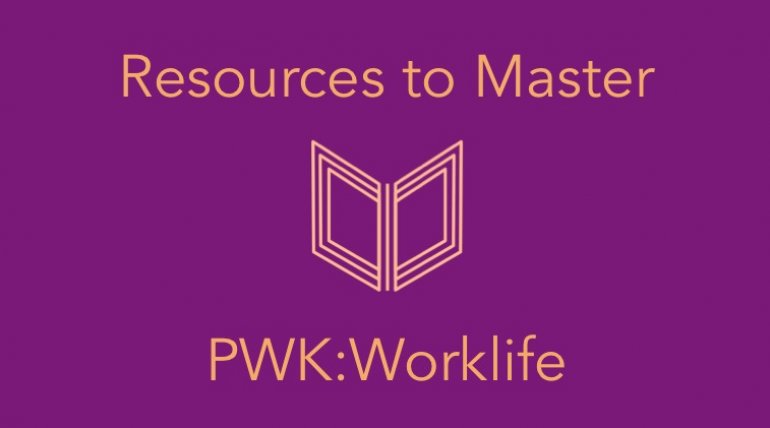
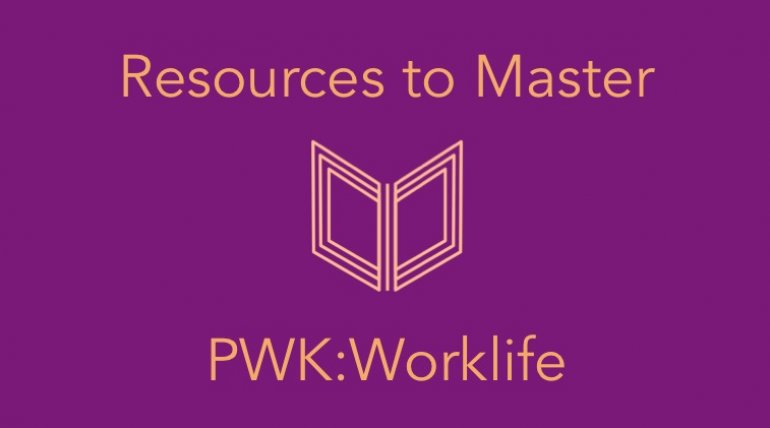
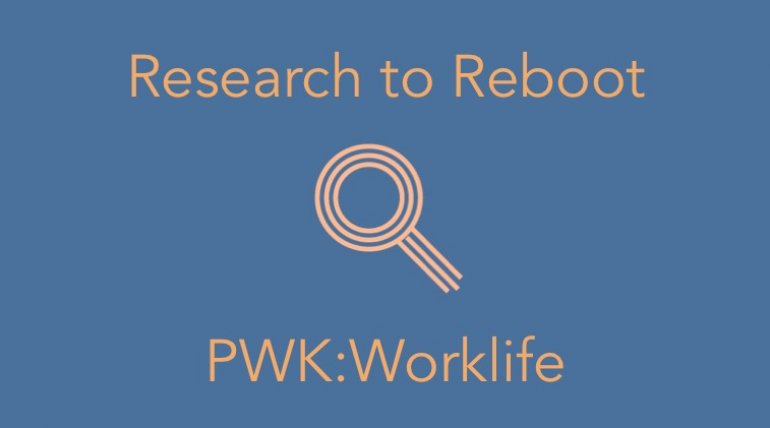
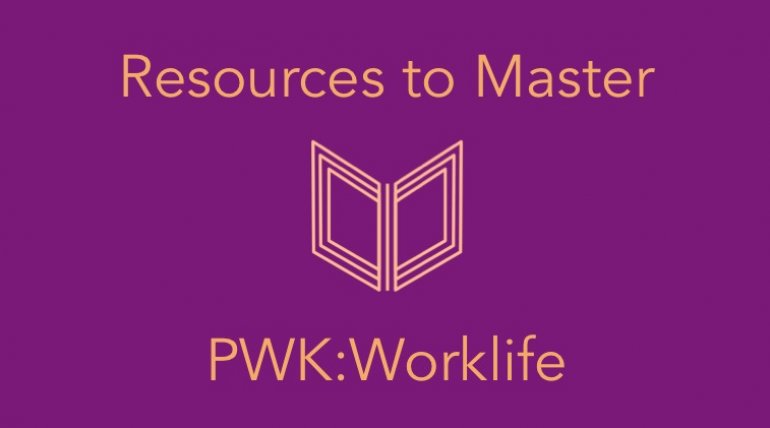
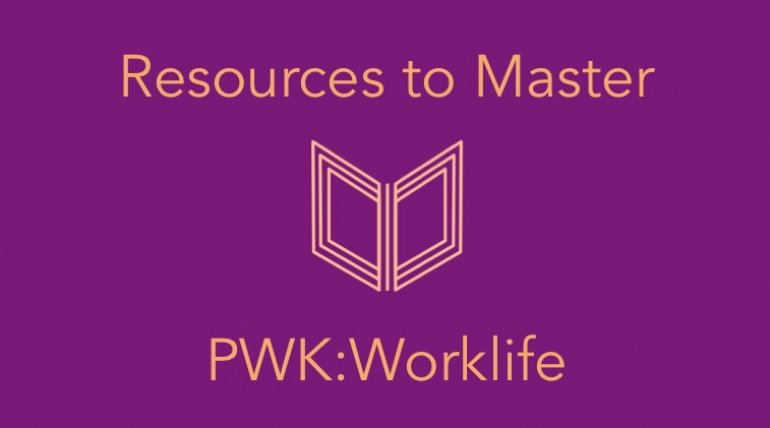
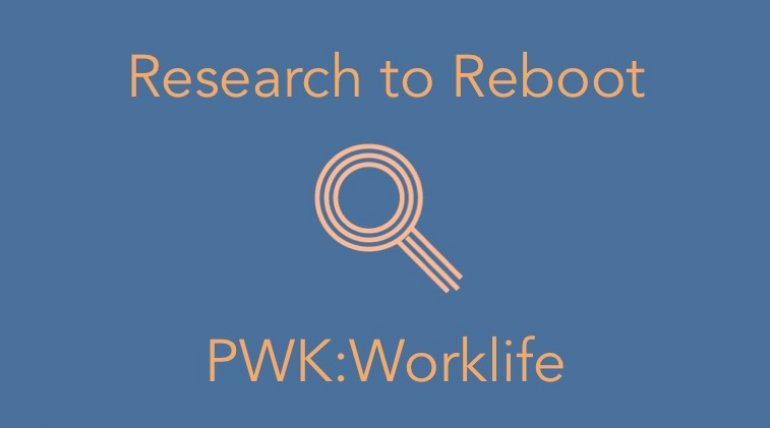
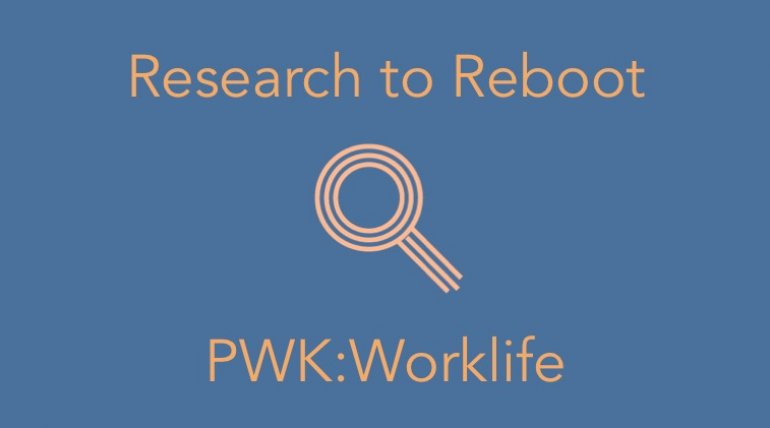
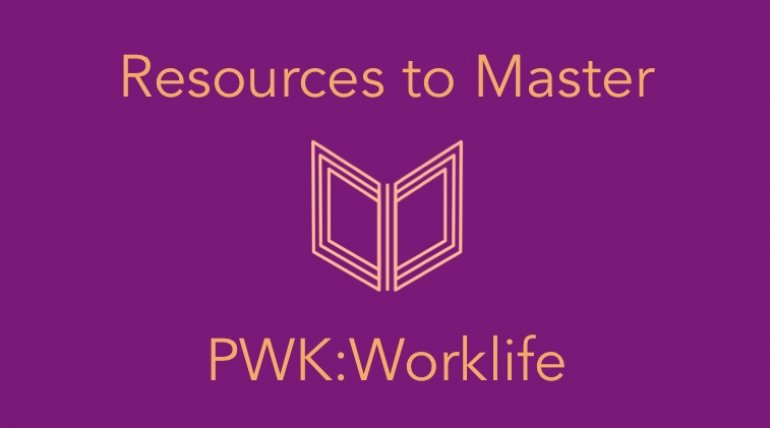
_square_270x320.jpg)





_270x320.jpg)

_270x320.jpg)


